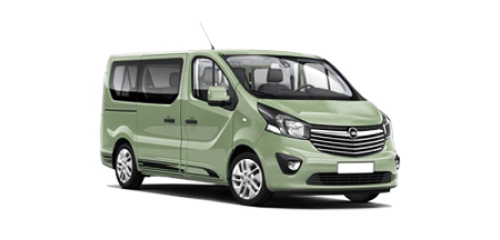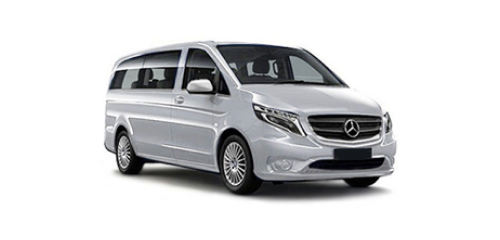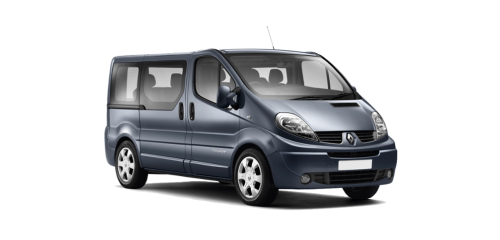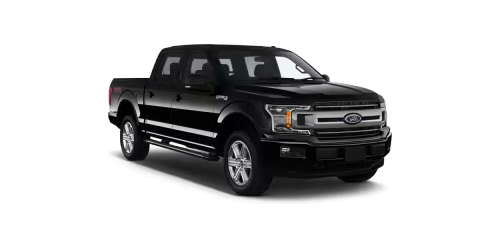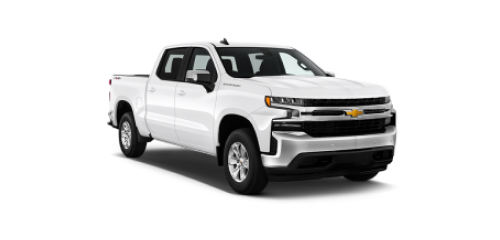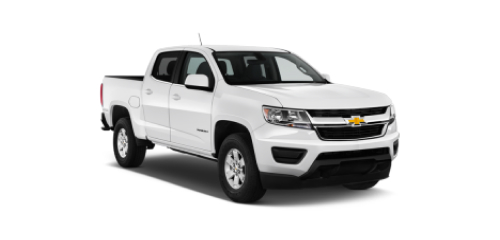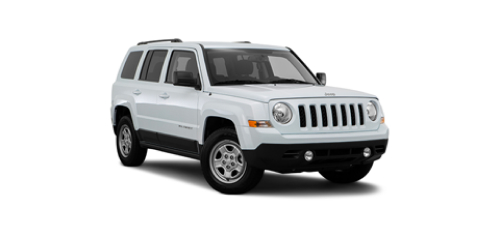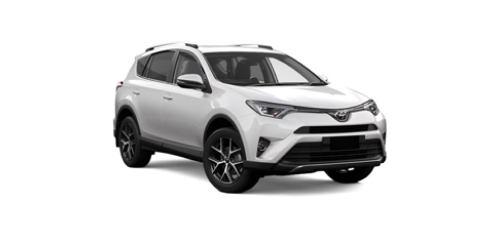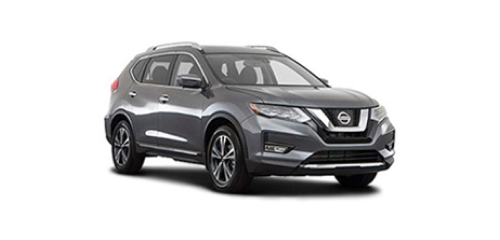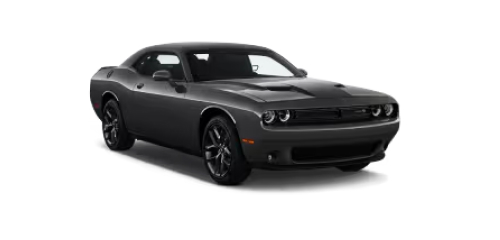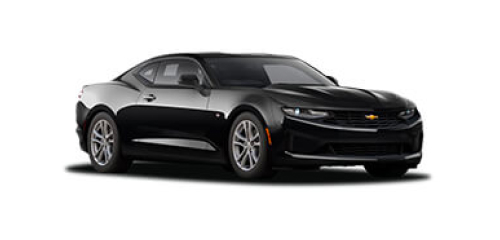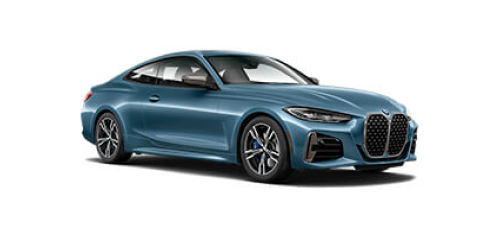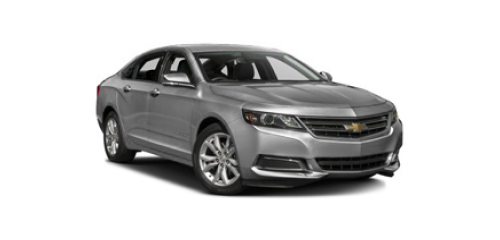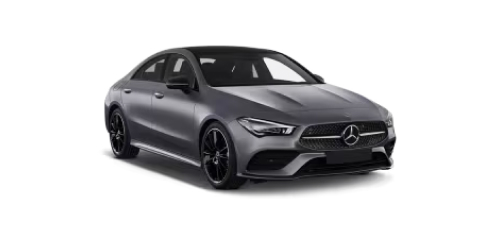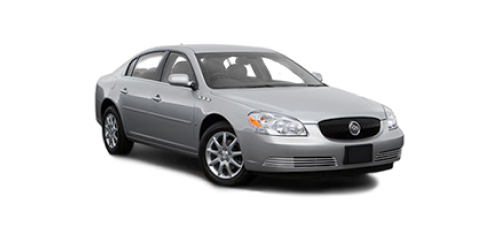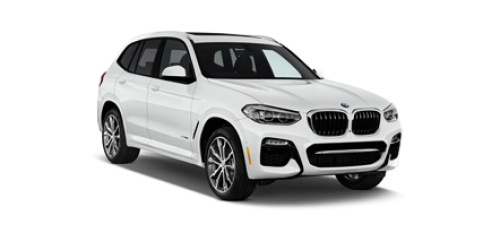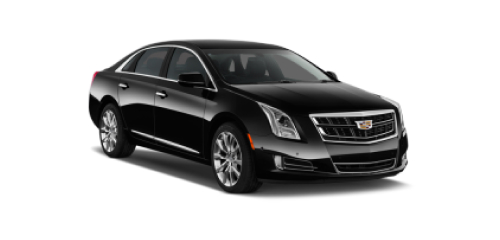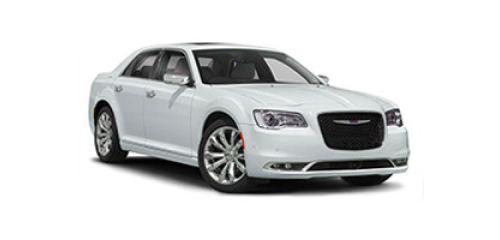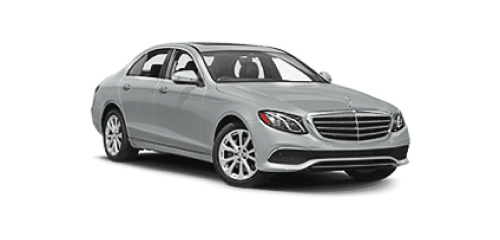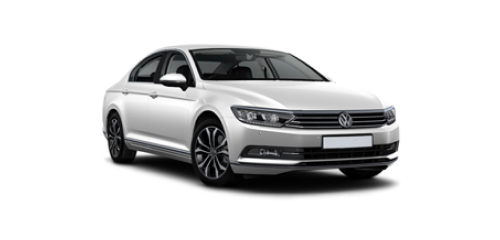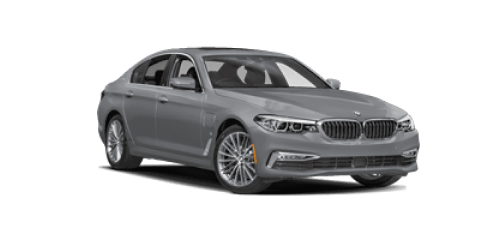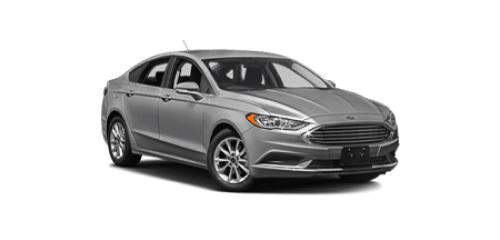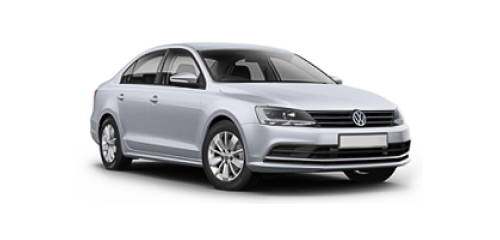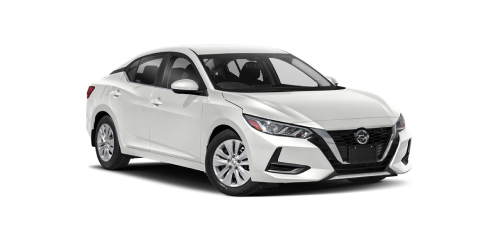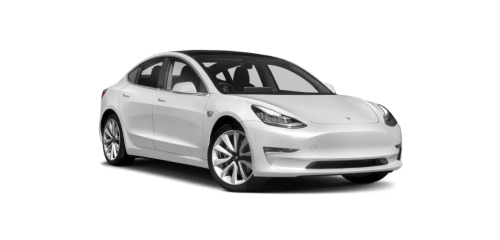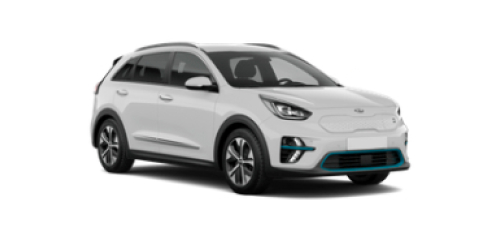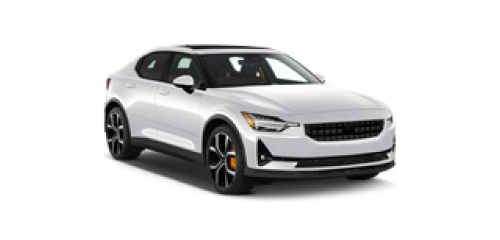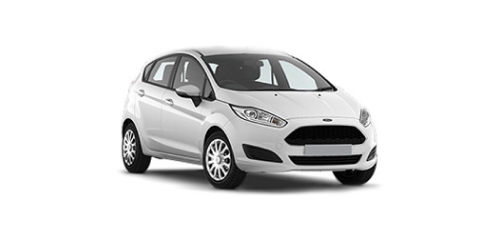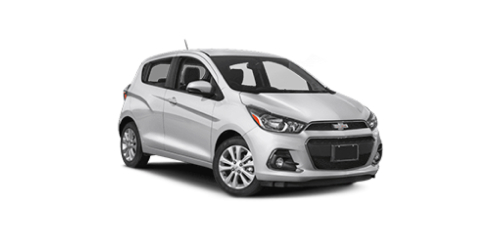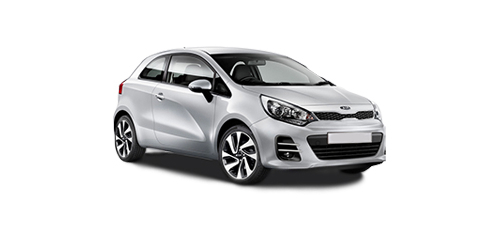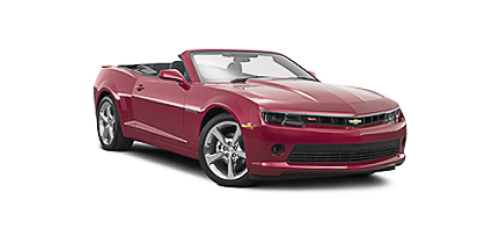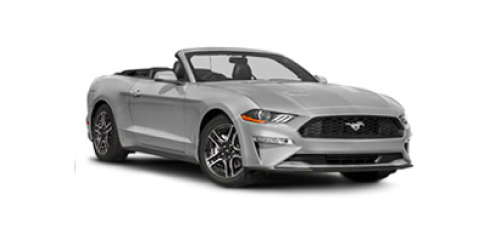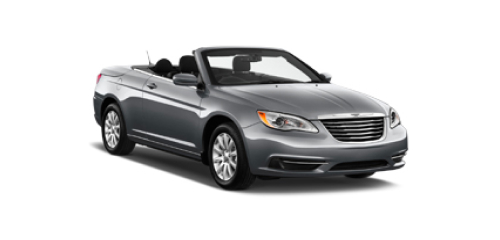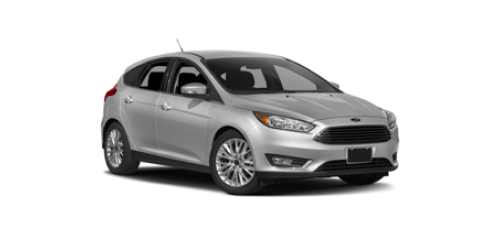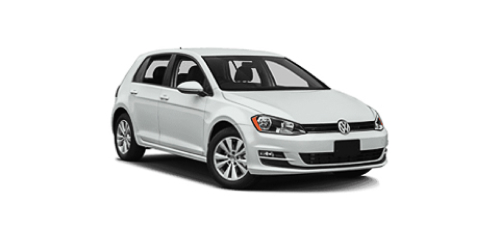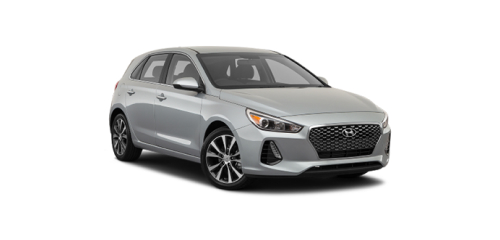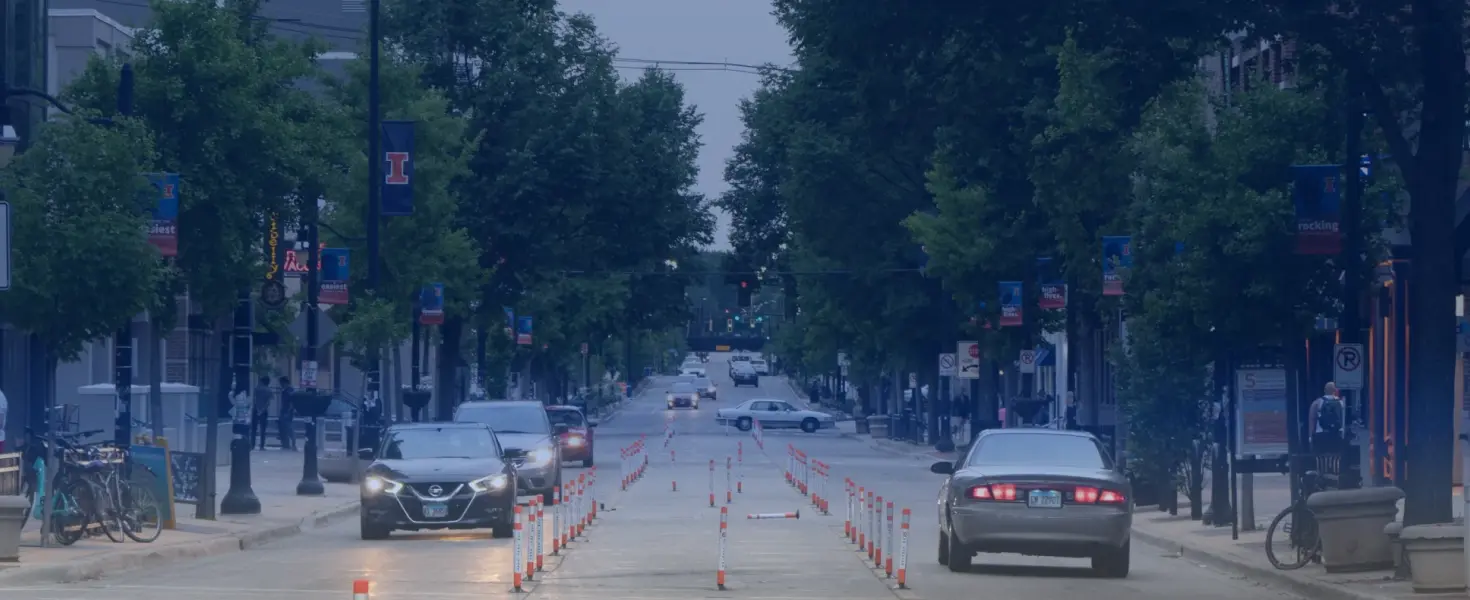
Cheap Car Rental in Macau
- Secured payment guarantee
- 4 million users
- Multi-language support
- Booking of any class cars
- 800 providers worldwide

Car Rental in Macau: Driving in and around the “Vegas of China”
Macau boasts an exciting mixture of Portuguese and Chinese architecture, culture, and food, due to Portugal’s 300-year-long occupation of this southern Chinese city. In fact, Macau has only been politically Chinese again since 1999! As a global party central, Macau generates seven times more revenue from gambling than Las Vegas! But don’t just explore Macau’s nightlife while in the area; rent a car to explore the surrounding islands as well, from Taipa to Coloane, or check whether you’ll be permitted to cross into China to visit Zhuhai and the inland.
Typhoon season should be taken seriously in this part of the world and typically runs from July to September. Spring will also be rainy, making autumn, from October to December, the most ideal time to visit Macau.
The official languages of Macau are Portuguese and Cantonese Chinese, and road signs are typically written in both languages.
The currency of Macau is the pataca (MOP), which is pegged to the Hong Kong dollar at MOP1.03 to 1 Hong Kong dollar. The dollar sign is also used for the pataca throughout Macau. The Hong Kong dollar and the pataca are generally interchangeable throughout the city and you’ll lose that extra three cents for every financial transaction you make with Hong Kong dollars. It’s worth it to carry both currencies, however, as only the pataca is accepted in government offices, and only the Hong Kong dollar is accepted in most casinos.
Although air traffic has increased to Macau in recent years, you are still most likely to arrive by boat at the Macau Ferry Terminal. You can pick up a rental car just down the Avenida de Amiza at the Grand Lapa Hotel, as well as in numerous other spots throughout the historic center of Macau. It’s also possible to arrive by air at the Macau International Airport on Taipa Island, though there are currently no car rental options there.
Visa Regulations
Like Hong Kong, Macau is a Special Administrative Region and has visa regulations unique from the rest of the People’s Republic of China. The length of time you can stay visa-free depends on your nationality, ranging from 7 to 180 days, and some nationalities will require a visa to enter, so check the regulations for your domestic country before you leave. It may be necessary to apply for a visa at a Chinese embassy. Also note that your passport must be valid at least thirty days from the date you are scheduled to leave Macau, otherwise your stay will be cut short.
Driving in Macau
Roads are well maintained but quite busy and fairly narrow throughout Macau. Here are some tips and regulations to consider during your visit to this unique gaming city:
Left-Hand Driving
- While traffic drives on the left-hand side of the road, cars are typically right-hand drive.
Speed Limits
- In cities and residential areas: from 20 to 60 km/h
- On highways: 80 km/h
- Particularly because Macau’s streets are narrow and because the city itself is quite densely packed, rush hours can bring traffic to a standstill. Plan your sightseeing and driving time around morning, noon, and evening rush hours to make the most of your visit.
Other Regulations
- You will pay fees for on-street and off-street parking throughout Macau and may have some difficulty finding parking in the busiest areas of the city. Parking is also prohibited on bridges, flyovers, and in tunnels.
- You will need to get the equivalent of a Macau-issued license in order to drive in Macau, which is actually easier than it appears. If your license has been issued in a language other than Portuguese or Chinese, you will also need an international driving permit. Bring both your driver’s license and your international permit to a Macau police station to receive your Macau driver’s permit, which will be valid for six months.
- There are no toll roads in Macau.
- The minimum driving age is 18. You will have to be 21 or older in order to rent a car.
- Children under the age of 12 must sit in the backseat of the car.
- Your headlights must be on from dusk to dawn, though it is recommended to keep them on during the daytime as well.
Other Tips
- Crossing the border into China is difficult, particularly with a car. You’ll need the proper visa, as entry into Macau does not grant entry into mainland China, and your car will have to have a second pair of number plates. You will also be required to have a Chinese driver’s license to drive in China; your Macau permit will not be recognized. Speak with your rental company about possibilities to cross into China proper before you make any plans!
